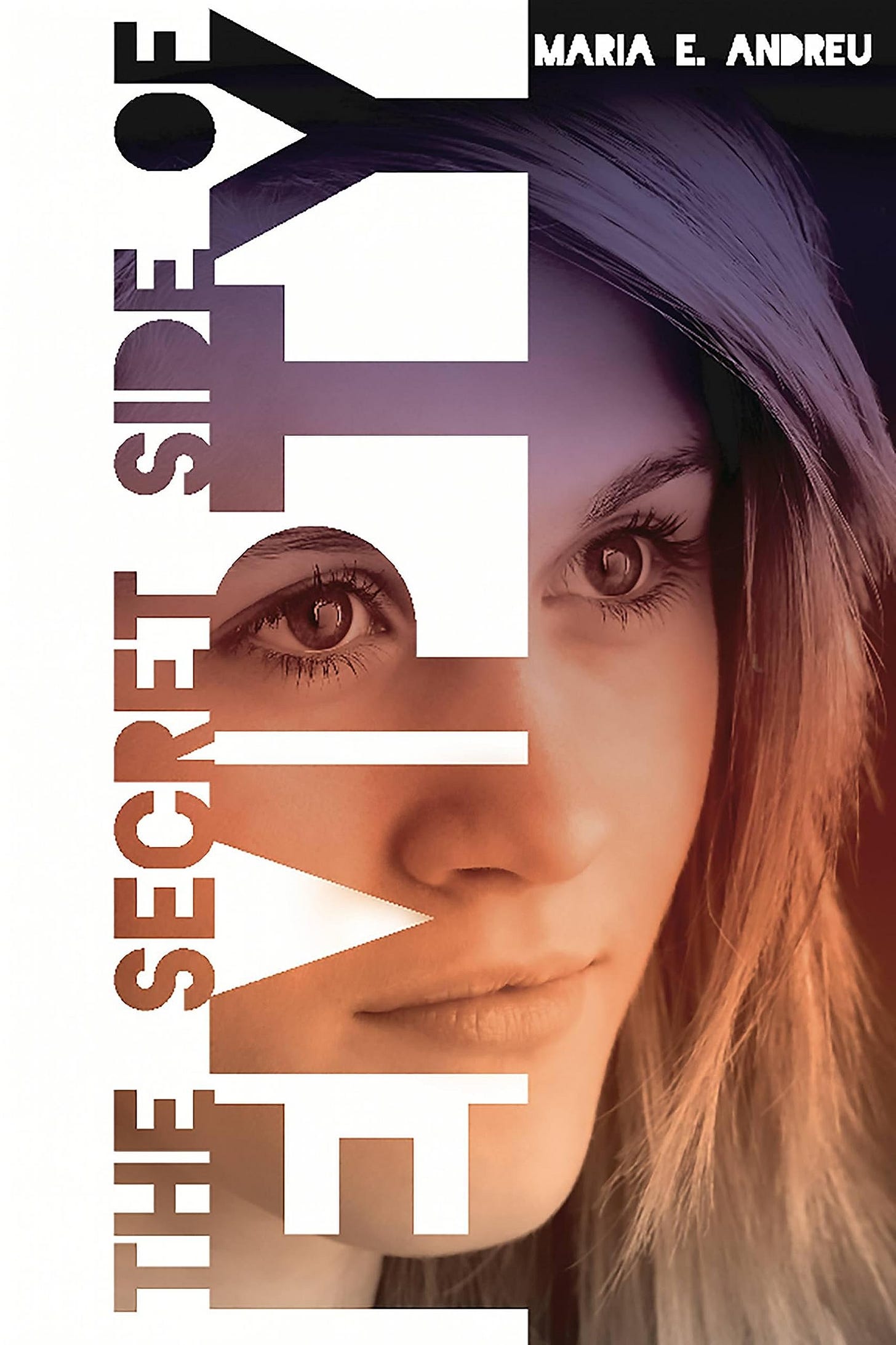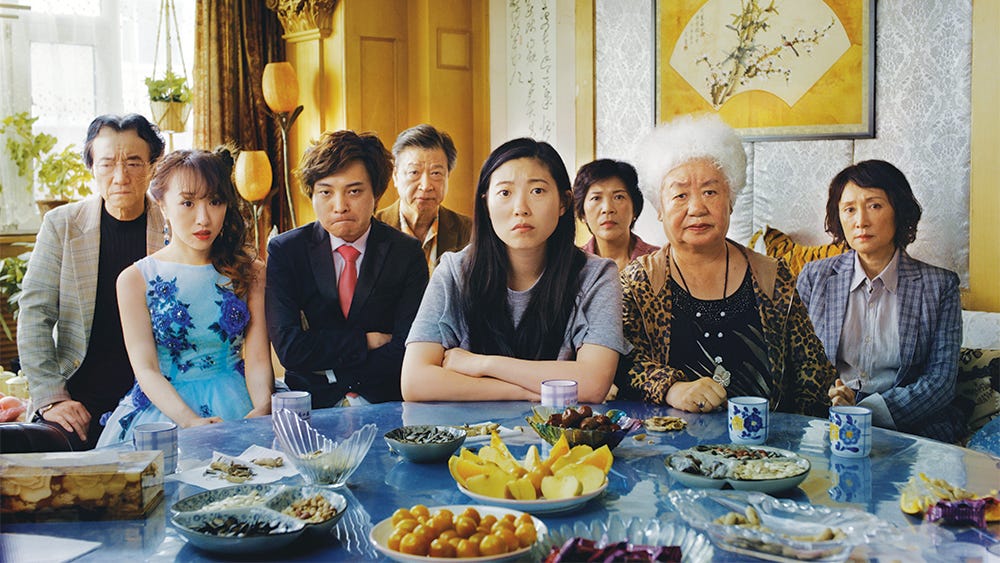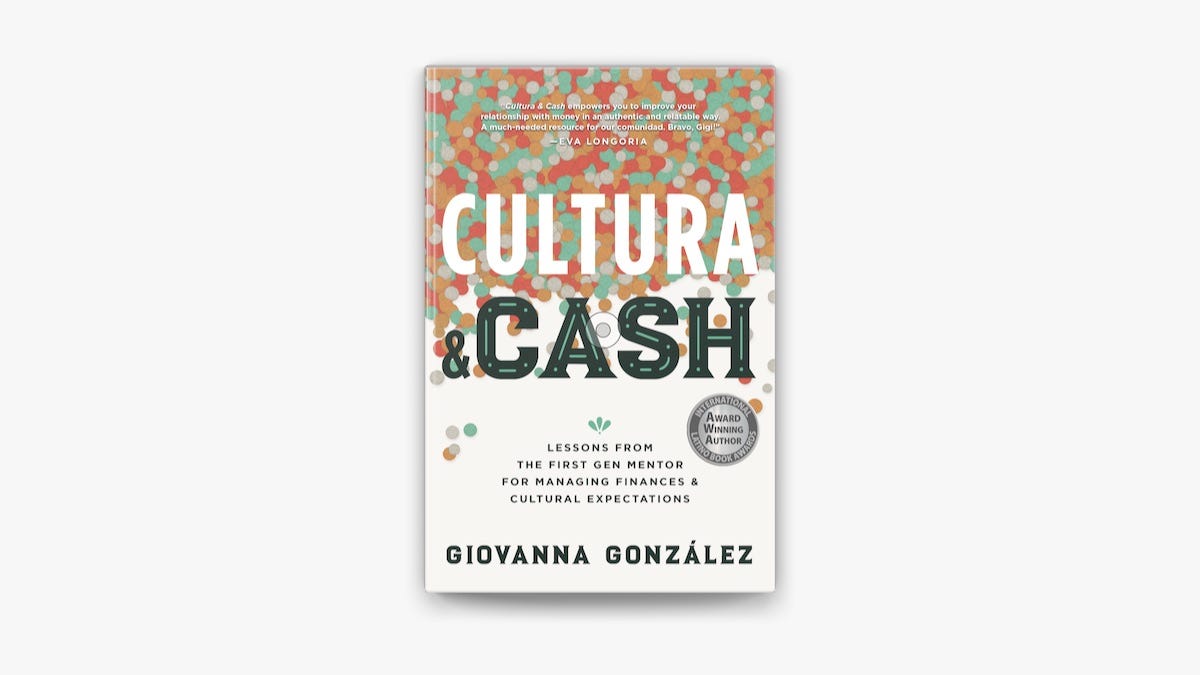4 Immigrant Things I Love
Books, a museum, and a movie—here are some things about immigrants I love.
Writing and reading about immigration policy and enforcement in the U.S. can be debilitating and discouraging. Today, on a Friday, I want to do something uplifting. I want to spotlight a few wonderful things that capture what it’s like to be an immigrant. Without further ado, here are four immigrant things I love.
The Secret Side of Empty
My sister, Maria E. Andreu, has written three novels. The Secret Side of Empty is my favorite. I think it has something to do with how closely it follows our upbringing. The protagonist, M.T., short for Monserrat Thalia, though M.T. doesn’t want you know that, is a high-school-age undocumented immigrant. Fun fact: My sister, Maria Eugenia, went by Emmy (M.E.) in high school.
SSoE is an immigrant tale, sure, but it’s a coming-of-age story at heart. Like any teen, M.T. has hopes, dreams, and love interests, but her status looms large as the barrier between her and the life she yearns for. Though her status is an impediment, in many ways it’s the catalyst for her maturation. It’s a touching story that is near and dear to me.
The Tenement Museum
This isn’t one of those museums where you saunter around a bright-white gallery pondering the abstract. The Tenement Museum is creaky and musty and gritty. You step into the shoes of immigrants who lived in the Lower East Side tenement in the 19th and 20th centuries. You see their family pictures. You read their legal documents. You hear their stories, sometimes in their own words via old recordings. You see how they lived.
The tenements are restored to approximate what they would’ve looked like when the immigrants featured in the tours lived there. Beds, stoves, journals, trinkets, ironing boards—the mundane trappings of domestic life. This is the gold standard of capturing the immigrant experience. If you ever find yourself in New York City, I highly recommend visiting. The museum also has a great bookstore.
The Farewell (slight spoiler for the setup)
(NOTE: There’s a slight spoiler for the setup, but if you read the premise on IMDB or Rotten Tomatoes, they spoil it for you too. Be warned, however, in case you want to go in completely blind.)
At first, the premise of The Farewell, directed by Lulu Wang, turned me off. A Chinese family orchestrates a wedding as a pretext for family members from all over to convene and secretly say they farewells to the family’s matriarch, who has been diagnosed with terminal cancer. It offended my American sensibilities. They had no right to keep that from her! It’s her life! Billi Wang, a Chinese American member of the family and the protagonist, played by Awkwafina, shares that sentiment—at first.
Billi and her family travel to the motherland to say their goodbyes. While there, Billi grapples with her upbringing and identity. She respects her family’s wishes but grudgingly. Ultimately, she groks the wisdom in their approach. So do I.
As Billi protests, her mother tries to explain the contrivance:
“Chinese people have a saying: When people get cancer, they die. It's not the cancer that kills them — it's the fear.”
The film can be emotionally harrowing, but it emerges as a source of great inspiration and a window into a culture’s approach to sickness and grieving.
Cultura & Cash
What I most appreciate about Giovanna Gonzaléz, The First Gen Mentor and author of Cultura & Cash, whom I interviewed a couple of years ago, is how she acknowledges that immigrants and their children experience personal finance differently. Immigrants often exhaust their resources moving to a new country. When they arrive, their options may be severely limited. Generational wealth isn’t there to serve as bumpers in a bowling lane. There’s no house to inherit. There’s no college fund. There are no professional connections. It all has to be built from scratch.
Giovanna explains how culture can influence personal finance sensibilities, for example, prioritizing saving over investing, living beyond one’s means, and expecting that children will take care of their parents. Cultura & Cash is culturally sensitive, actionable, and accessible. If you’re looking to develop a better relationship with money, Giovanna’s book is a great way to start.
What are your immigrant recommendations? Let me know in the comments!






My children’s high school , in Massachusetts, took them on a field trip to NY to the Tenement Museum . They LOVED it there